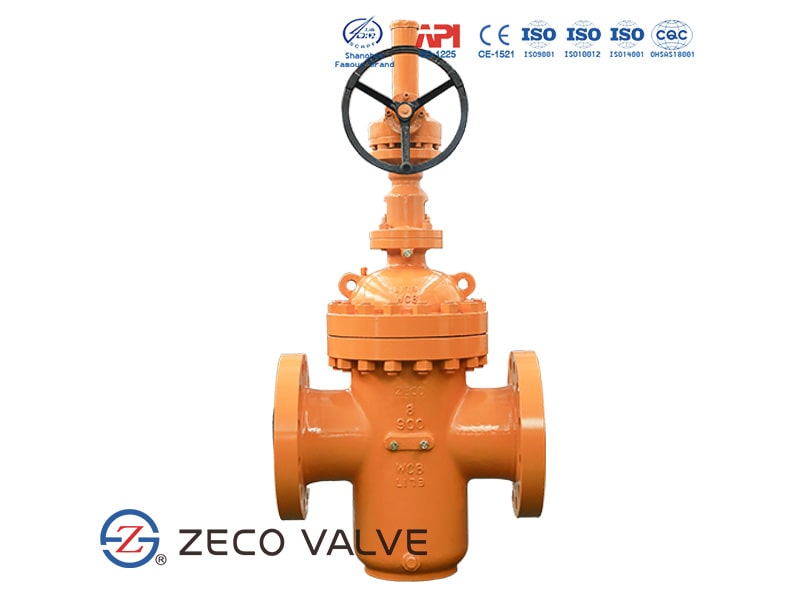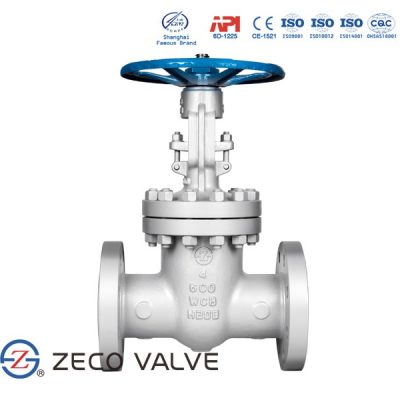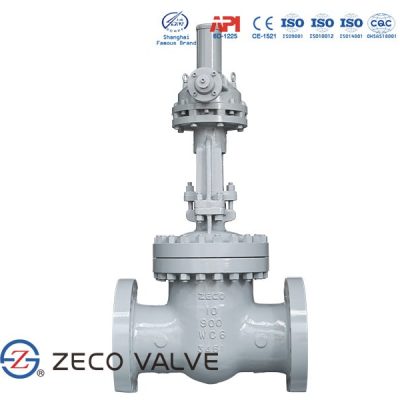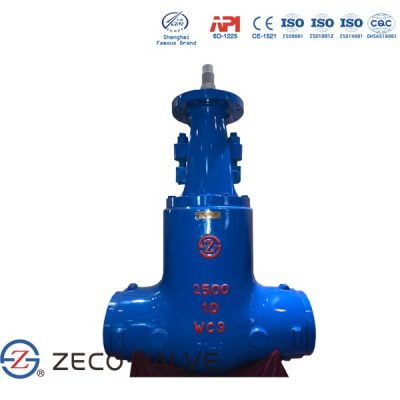Description
ZECO Valve manufactures some of the most dependable cast steel Though Conduit Gate Valves in the industry.
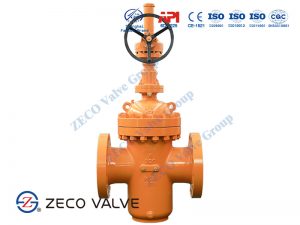
What is a Through Conduit Gate Valve?
Through conduit gate valves are isolating valves designed for full closing of the working media flow. They can be used for temperatures up to 200°C. If the gate valves are used for regulating or throttling purposes, the manufacturer does not guarantee the tightness. The gate valves are full-bore piggable valves with a flow resistance coefficient equal to that of the piping. Therefore they are suitable, especially for long-distance pipeline systems.
ZECO through conduit gate valve is a straight pipe valve. The design is ideal to minimize pressure drop and prevent the accumulation of external materials such as mud into the valve chamber. This valve type is widely used in oil and gas transportation and conforms to API 6D standard. ZECO through conduit gate valve is available in three types: with diversion hole, without diversion hole, and with adjustment stricture. The pressure ranges from 150LB to 900LB and the size ranges from 1 inch to 48 inch. As a high-tech enterprise in China, ZECO is committed to creating ZECO brand through technology and innovation, and we believe that we have the ability to develop and produce world-class products to compete with international brands.
Design & Manufacturing Standards of Through Conduit Gate Valve
Both designs utilize flanged and butt-weld end connections, and are manufactured and tested in accordance with API 6D. The full port bi-directional flow capability minimizes pressure drop and turbulence.
| Basic Design | API 6D |
| Face-to-Face Dimension | ANSI B16.10 |
| Flange End Dimension | ANSI/ASME B16.5 (2” to 24”) ANSI/ASME B16.47 & MSS SP-44 (26” & up) |
| Butt-Weld End Dimension | ANSI/ASME B16.25 |
| Inspection & Testing | API 6D |
| Fire Safe Design | API 6FA |
Types of Through Conduit Gate Valve
Double Block and Bleed (DBB)
Valves with two seating surfaces in the closed position, block flow from both valve ends and allow the cavity between the seating surface to be vented through a bleed connection provided on the body cavity. In case of both seats are tight, DBB provides draining of the body cavity and reduction of pressure. Hence, it will be possible to monitor the performance of valve seats and provide a safe environment to work on the other side of the line.
Double Isolating Bleed (DIB)
This will also provide draining of the valve cavity and reduction of pressure. If, however, the pressure at the upstream side is released and the fluid entrapped in the body cavity is enlarged due to thermal changes, draining occurs to the upstream side. This is an important design for the block valves of pipelines. Correct selection has to be made depending on the type of application.
Applications of Through Conduit Gate Valves
Through conduit gate valves are used in applications like offshore platforms, onshore terminals, and transmission lines.
Commonly used types of medium in these applications are: non-corrosive liquids, gas, water, sour service, hydrocarbon liquids, or gas
Features of Through Conduit Gate Valves
- Efficient strangulation with minimal stretching or erosion of the disc or seat.
- Short stroke of the disc and a few turns to actuate them, which reduces the time and wear on the stem and bonnet.
- Precise traffic control.
- Available with multiple drills.
Material of Through Conduit Gate Valve:
| No | Part | Material |
| 1 | Body | ASTM A216 WCB |
| 2 | Seat | ASTM A105 + PTFE |
| 3 | Wedge | ASTM A105 |
| 4 | Stem | ASTM A182 F6a |
| 5 | Gasket | Graphite + SS304 |
| 6 | Bonnet Bolt | ASTM A193 B7 |
| 7 | Bonnet Nut | ASTM A194 2H |
| 8 | Bonnet | ASTM A216 WCB |
| 9 | Upper Packing | PTFE |
| 10 | Lower Packing | PTFE |
| 11 | Handwheel | ASTM A536-60-40-18 |

